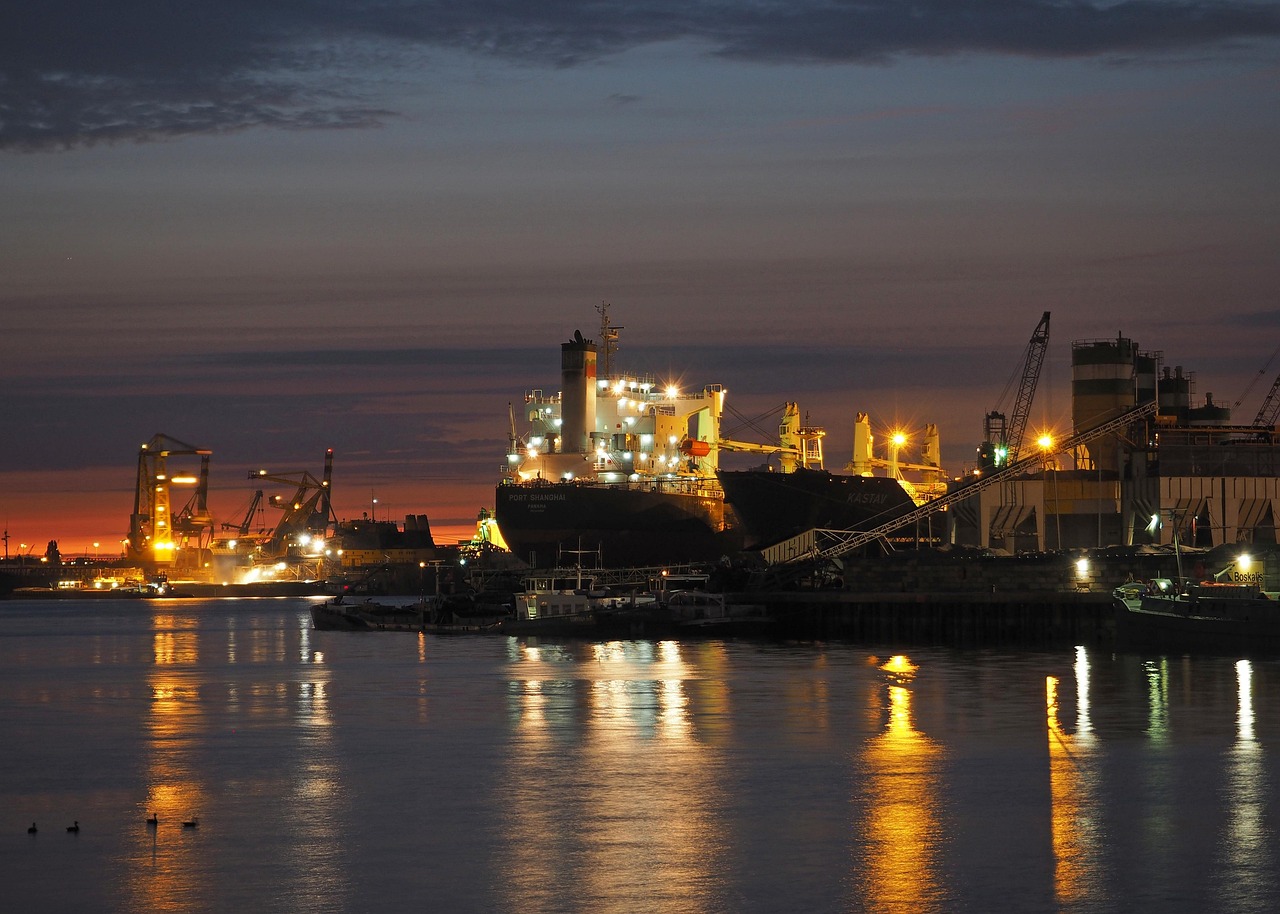
On July 22nd, the Port of Rotterdam released its operational data for the first half of 2025, with a container throughput reaching 7 million TEUs, surpassing Antwerp-Bruges Port's 6.91 million TEUs during the same period, maintaining its position as Europe's largest container port.
Specifically, in the first half of 2025, the total cargo throughput at the Port of Rotterdam decreased by 4.1%, reaching 211 million tons. The most significant declines were seen in dry bulk (-8.9%) and liquid bulk (-5.3%). The container throughput increased by 2.7% year-on-year, reaching 7 million TEUs.
In summary, Antwerp-Bruges Port announced its first-half 2025 data on July 16th, showing a container throughput of 6.91 million TEUs, a 3.7% year-on-year increase. This indicates that the Port of Rotterdam remains the largest container port in Europe.
The Port of Rotterdam attributed the growth in container throughput to the recovery in European consumption, with an 8.4% increase in imports from Asia and a 9.1% increase in North American imports and exports. This is mainly due to an increase in the number of services since February of this year.
However, in terms of weight, the container throughput decreased by 1.0%, reaching 66.5 million tons. This decrease can be explained by transporting more empty containers. The number of heavy export containers decreased by 5%, reflecting a weakened industrial competitive position in Europe.
The Port of Rotterdam has faced unusual congestion in handling container flows. This is due to various reasons, including changes in schedules due to alliance restructurings, high numbers of callings, work interruptions, and increased waiting times for terminal operations due to weather conditions. Consequently, waiting times for inland and road transport are longer than usual.
The port stated that congestion has been brought under control, with very limited waiting times for large container vessels. Punctuality has increased, and turnaround times have decreased. In the first half of this year, the water level of the Rhine River and U.S. export tariffs to Europe and China have not significantly impacted container throughput.
Boudewijn Siemons, CEO of the Port of Rotterdam, stated, "In these uncertain economic times, ensuring the security of Europe's energy, food, and other essential supplies and maintaining the competitiveness of the port industry is crucial to avoid weakening Europe's strategic autonomy."
As global security conditions deteriorate, the Port of Rotterdam is enhancing its "wartime readiness," aiming to support defense logistics if necessary. This requires providing sufficient space, berths, and transshipment capacity to transport vessels and goods inland via multiple modes of transportation. Exercises may become more frequent at the port.
